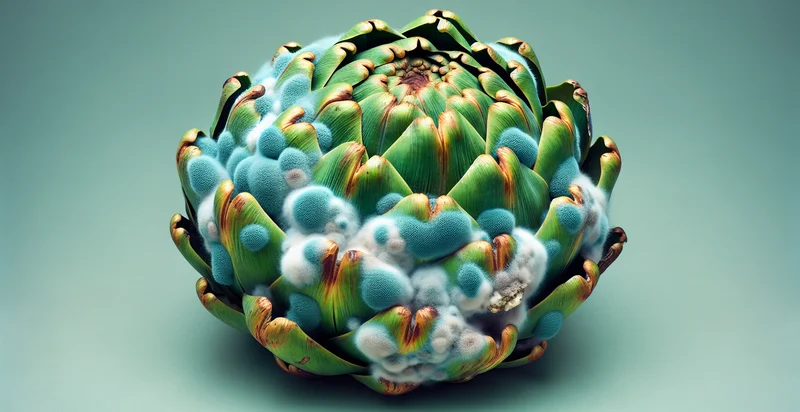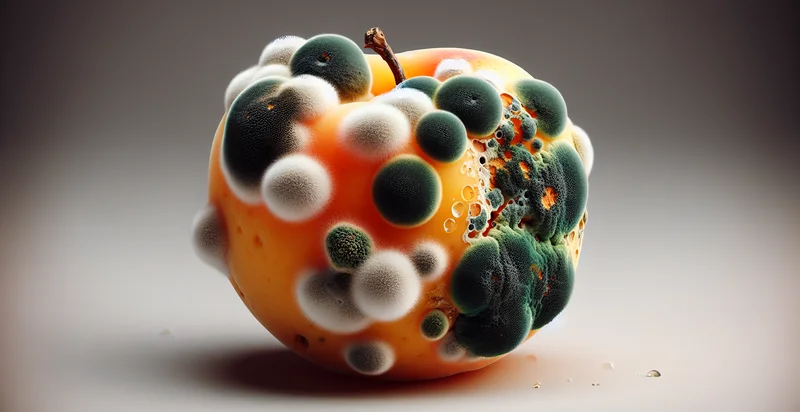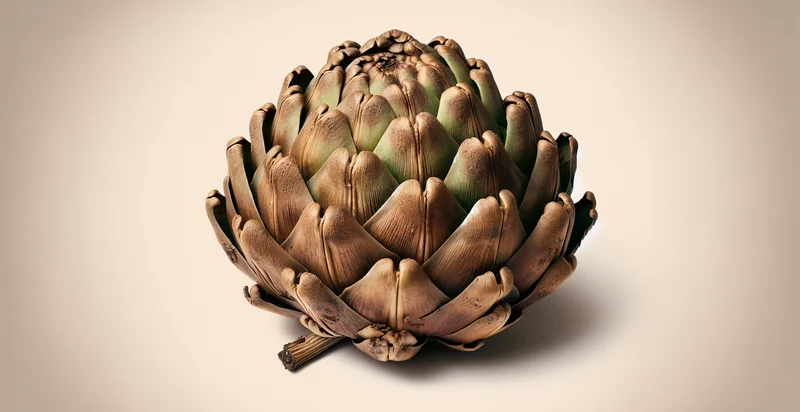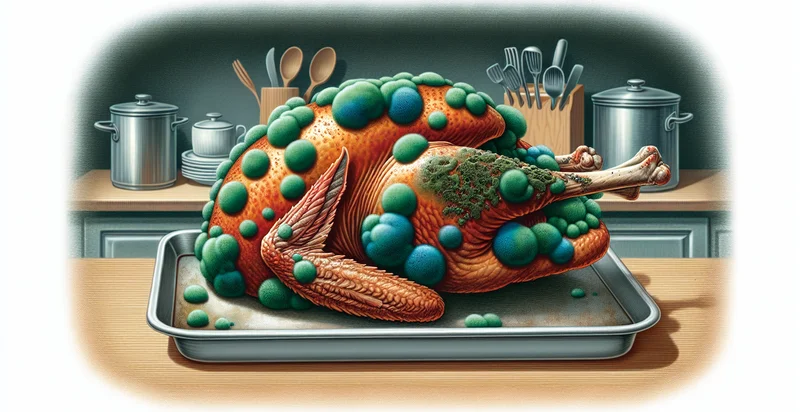Identify if artichoke is moldy
using AI
Below is a free classifier to identify if artichoke is moldy. Just upload your image, and our AI will predict if the artichoke is moldy - in just seconds.

Contact us for API access
Or, use Nyckel to build highly-accurate custom classifiers in just minutes. No PhD required.
Get started
import nyckel
credentials = nyckel.Credentials("YOUR_CLIENT_ID", "YOUR_CLIENT_SECRET")
nyckel.invoke("if-artichoke-is-moldy", "your_image_url", credentials)
fetch('https://www.nyckel.com/v1/functions/if-artichoke-is-moldy/invoke', {
method: 'POST',
headers: {
'Authorization': 'Bearer ' + 'YOUR_BEARER_TOKEN',
'Content-Type': 'application/json',
},
body: JSON.stringify(
{"data": "your_image_url"}
)
})
.then(response => response.json())
.then(data => console.log(data));
curl -X POST \
-H "Content-Type: application/json" \
-H "Authorization: Bearer YOUR_BEARER_TOKEN" \
-d '{"data": "your_image_url"}' \
https://www.nyckel.com/v1/functions/if-artichoke-is-moldy/invoke
How this classifier works
To start, upload your image. Our AI tool will then predict if the artichoke is moldy.
This pretrained image model uses a Nyckel-created dataset and has 2 labels, including Fresh Artichoke and Moldy Artichoke.
We'll also show a confidence score (the higher the number, the more confident the AI model is around if the artichoke is moldy).
Whether you're just curious or building if artichoke is moldy detection into your application, we hope our classifier proves helpful.
Related Classifiers
Need to identify if artichoke is moldy at scale?
Get API or Zapier access to this classifier for free. It's perfect for:
- Quality Control in Agriculture: Utilize the artichoke mold identification function to assess the quality of produce during harvesting and packing. By integrating this classification system, farmers can ensure only mold-free artichokes reach the market, reducing waste and improving consumer satisfaction.
- Retail Inventory Management: Implement the mold detection function in grocery stores and supermarkets to regularly scan artichokes in inventory. This process can help staff quickly identify and remove compromised produce, maintaining freshness and enhancing customer experience.
- Food Safety Compliance: Leverage the classification function in food processing plants to ensure compliance with health and safety regulations. By automating the detection of moldy artichokes, businesses can minimize the risk of contamination and adhere to strict industry standards.
- Supply Chain Optimization: Deploy the identifier in logistics and supply chain operations to monitor the condition of artichokes during transport. Early detection of mold can trigger timely interventions, preventing spoilage and losses while maintaining product quality.
- Consumer Engagement Tool: Create a mobile application that allows customers to scan artichokes to check for mold before purchase. This empowers consumers to make informed choices and can enhance brand loyalty by promoting transparency in food quality.
- Research and Development: Use the mold detection function in agricultural research to study the prevalence and types of mold affecting artichokes in different environments. This data can inform breeding programs aimed at developing more resistant artichoke varieties.
- Sustainability Initiatives: Incorporate the artichoke mold identification in sustainability efforts within the food industry. By reducing the amount of moldy produce that is discarded, businesses can contribute to minimizing food waste and promoting environmentally friendly practices.


